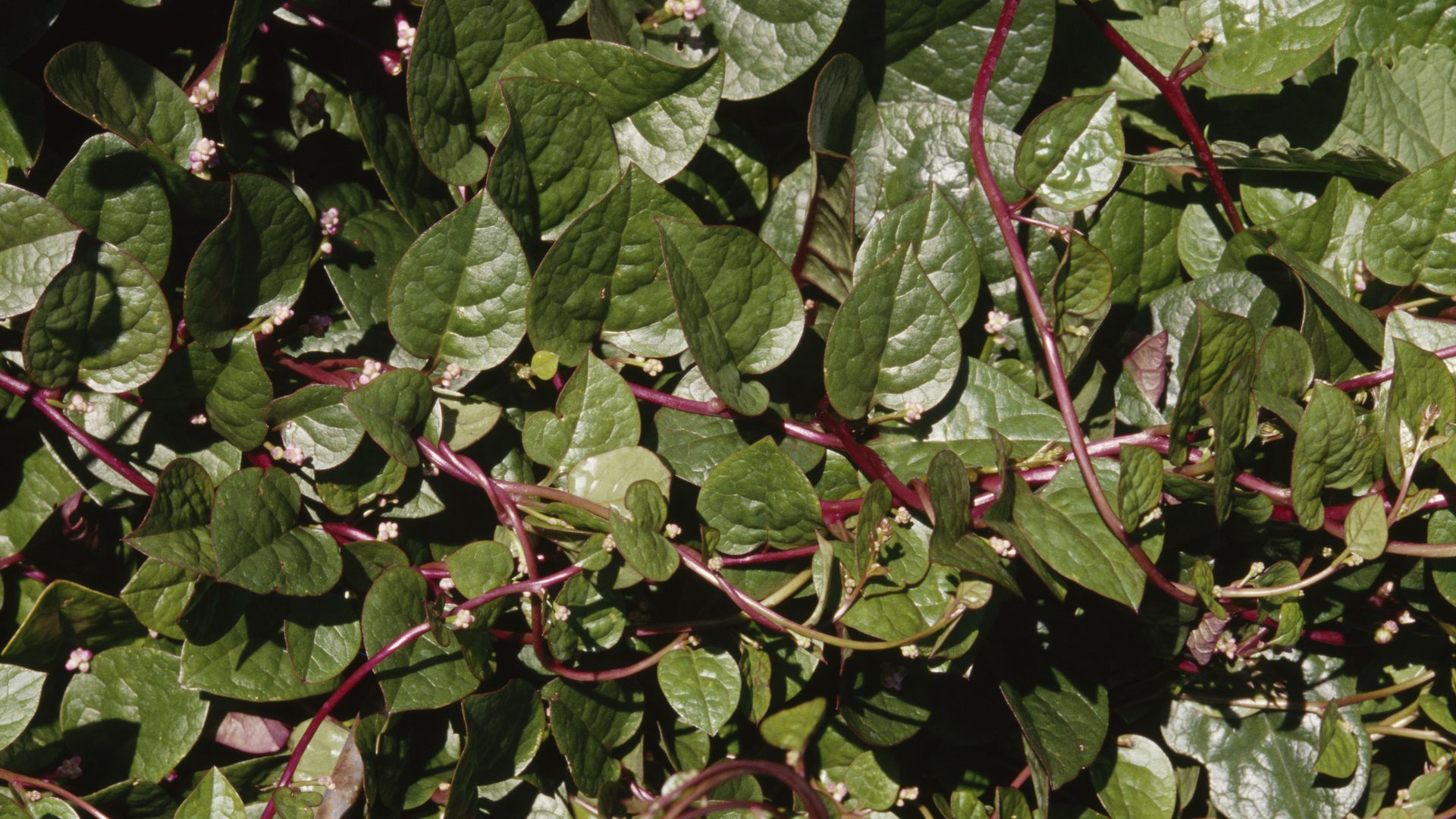Feb 6, 2021 - Technology
Nanotechnology allows chemical signals from spinach to send emails
Add Axios as your preferred source to
see more of our stories on Google.

Photo: DeAgostini/Getty Images
Add Axios as your preferred source to
see more of our stories on Google.

Photo: DeAgostini/Getty Images